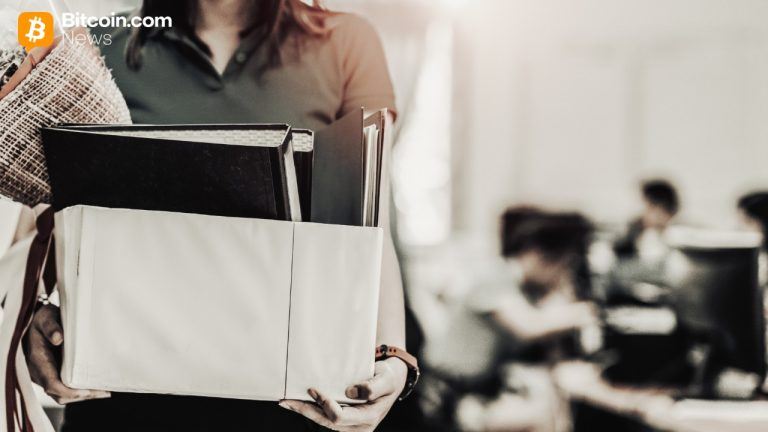ARTICLE AD BOX
TLDR:
- AI scientists warn of potential catastrophic outcomes if humans lose control of AI
- Global oversight system and contingency plans urged to prevent AI risks
- Three key processes proposed: emergency preparedness, safety assurance, and independent research
- Over 30 experts from various countries signed the statement
- Concerns raised about lack of scientific exchange between superpowers on AI threats
Artificial intelligence (AI) experts from around the world have issued a warning about the potential risks associated with advanced AI systems.
In a statement released on September 16, 2024, more than 30 scientists from various countries, including the United States, Canada, China, and the United Kingdom, called for the creation of a global oversight system to prevent possible “catastrophic outcomes” if humans lose control of AI.
The statement, which builds upon findings from the International Dialogue on AI Safety in Venice, emphasizes the need for international cooperation and governance in AI development.
The scientists argue that AI safety should be recognized as a global public good, requiring collective efforts to address potential risks.
One of the main concerns highlighted in the statement is the possibility of losing human control over advanced AI systems or their malicious use. The experts warn that such scenarios could lead to dire consequences for humanity.
They point out that the necessary science to control and safeguard highly advanced AI has not yet been developed, underscoring the urgency of addressing these issues.
To tackle these challenges, the scientists propose three key processes.
- First, they call for the establishment of emergency preparedness agreements and institutions. This would involve developing authorities within each country to detect and respond to AI incidents and catastrophic risks. These domestic authorities would then work together to create a global contingency plan for severe AI-related incidents.
- The second proposed process is the implementation of a safety assurance framework. This would require AI developers to provide a high-confidence safety case before deploying models with capabilities exceeding specified thresholds. The framework would also include post-deployment monitoring and independent audits to ensure ongoing safety.
- Lastly, the experts advocate for independent global AI safety and verification research. This research would focus on developing techniques to rigorously verify the safety claims made by AI developers and potentially other nations. To ensure independence, the research would be conducted globally and funded by a wide range of governments and philanthropists.
The statement comes at a time when scientific exchange between superpowers is shrinking, and distrust between the United States and China is growing. The scientists argue that this lack of cooperation makes it more difficult to achieve consensus on AI threats, further emphasizing the need for global dialogue and collaboration.
In early September 2024, the United States, European Union, and United Kingdom signed the world’s first legally binding international AI treaty. This agreement prioritizes human rights and accountability in AI regulation. However, some tech corporations and executives have expressed concerns that over-regulation could stifle innovation, particularly in the European Union.
The group of AI experts who signed the statement includes researchers from leading AI institutions and universities, as well as several Turing Award winners, which is considered the equivalent of the Nobel Prize in computing.
Their collective expertise lends significant weight to the concerns raised and recommendations made in the statement.
 (1).png)
 1 year ago
497510
1 year ago
497510









 English (US) ·
English (US) ·